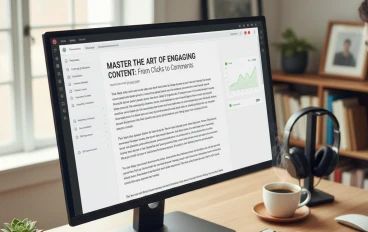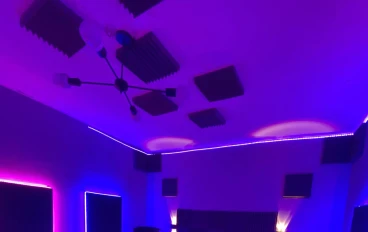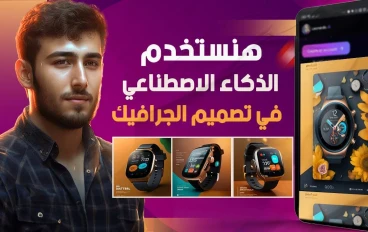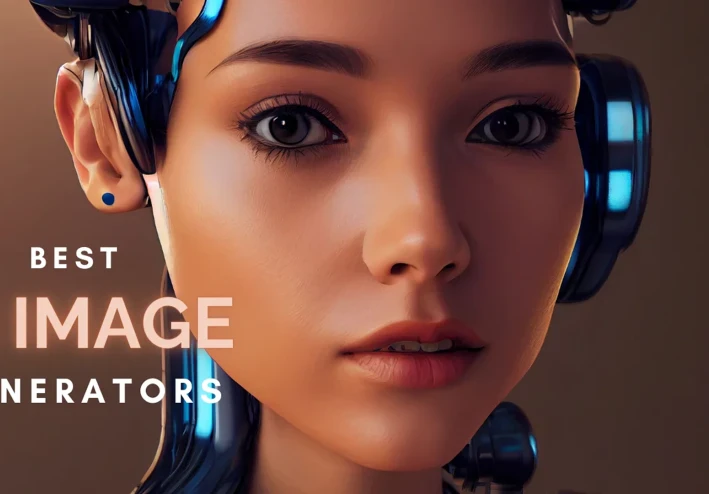
Create images with artificial intelligence
Comprehensive Guide to Creating AI Images — Tool Explanations
In this comprehensive guide, we explore how to create AI-generated images with detailed explanations of each popular tool, along with SEO tips and the use of different AI websites. This article will help you understand image design tools and how to turn ideas into ready-to-use visuals for publishing or marketing campaigns with ease.
What is AI Image Generation?
AI image generation relies on deep learning models that transform text descriptions into realistic or artistic digital images. This technology allows users to create scenes with precise elements quickly and efficiently, reducing the need for advanced knowledge in traditional design software and speeding up the creative process.
Importance of AI Websites and Image Design Tools
AI websites and image design tools provide user-friendly interfaces, fast execution, template libraries, and wide customization options. They can be used in advertising, social media content, logos, and digital products, enhancing visibility in search engines when proper SEO practices are applied.
Popular Tools and Their Explanations

DALL·E (OpenAI)
DALL·E is a text-to-image tool developed by OpenAI (the same team behind ChatGPT). It works by writing a simple text prompt, generating high-resolution images (up to 1024×1024 and beyond), supporting inpainting, outpainting, and variations.
The experience is smooth: you describe, get options, and refine them. OpenAI applies safety filters, sometimes suggesting prompt changes if policies are violated.
Note: Images are typically usable commercially under OpenAI’s terms, but watermarks, C2PA tags, and policy filters apply. Text rendering in images is often flawed, so edits may be required.

MidJourney
MidJourney is a popular independent service accessible mainly through Discord. You enter prompts, select styles, and upscale images with multiple detail versions. Subscription plans unlock advanced features.
By default, creations are public in the community gallery unless you enable "stealth mode" (paid). This is important for privacy.
Pros & Cons: MidJourney excels at artistic, creative results but faces legal challenges regarding training data and copyright issues.

Stable Diffusion / DreamStudio (Stability AI)
Stable Diffusion is an open-source AI image generator from Stability AI, known for flexibility. It runs locally or via cloud platforms and supports plug-ins for tools like Photoshop and Blender.
DreamStudio is the official web platform to try Stable Diffusion, offering controls like steps, aspect ratio, and style. Free credits are provided, then paid usage applies.
Pros: Customization, community models.
Cons: Requires more technical know-how than mainstream AI websites.

Adobe Firefly
Adobe Firefly is Adobe’s creative AI system integrated with Photoshop and Illustrator. It generates images, adds realistic effects, restores old visuals, and creates styled text inside designs.
Key Advantage: Firefly is trained on licensed data, making outputs safe for full commercial use.
Note: It’s tightly integrated into Creative Cloud, ideal for professional designers, though subscription is required.
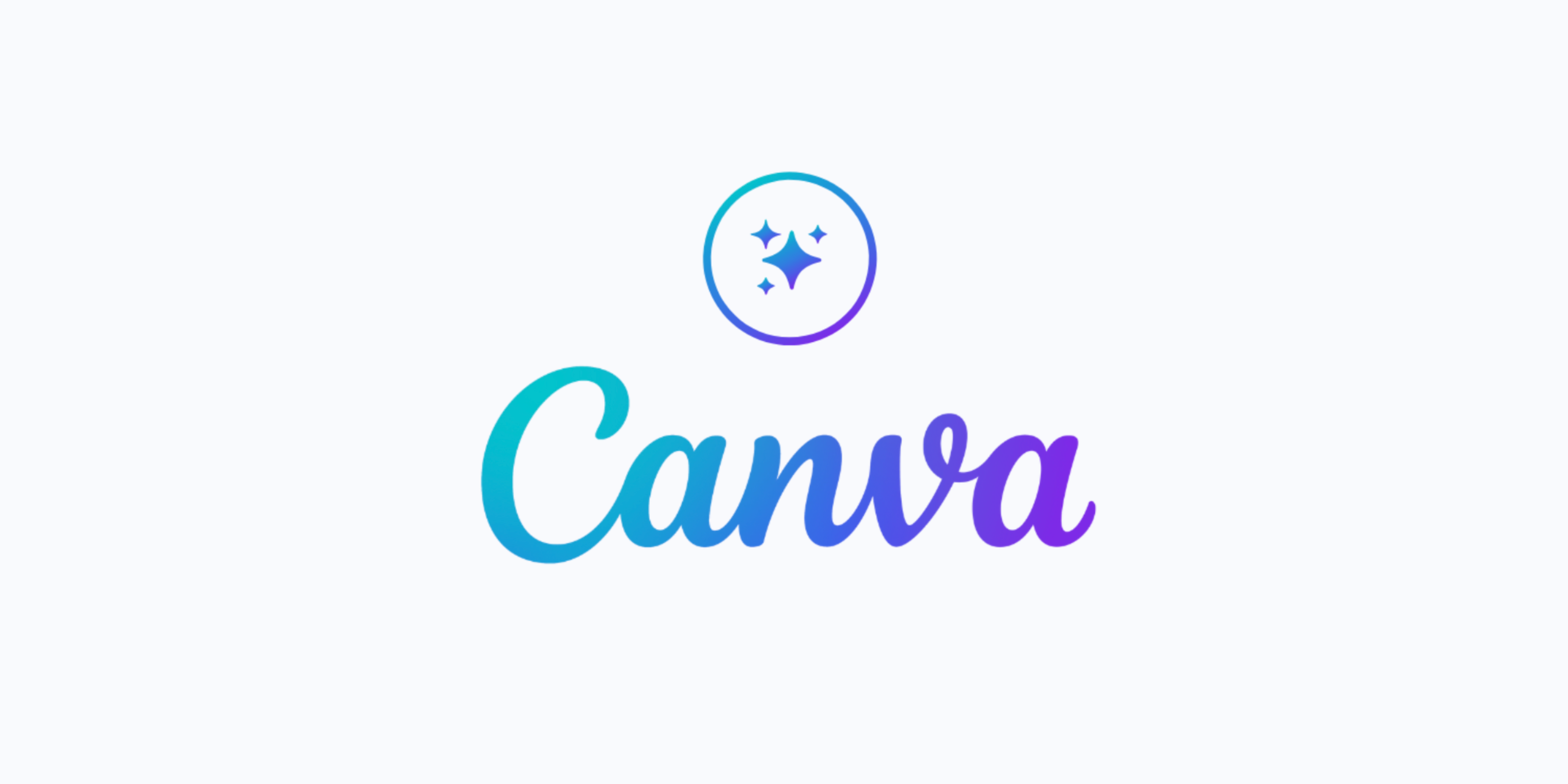
Canva AI
Canva AI offers an all-in-one design platform for beginners, with ready templates and AI-powered image generation directly inside the editor.
Through Magic Studio and Magic Media, it supports text-to-image, Magic Edit, Magic Eraser, and more, enabling quick professional content.
Some features are free with limits; advanced tools often require Canva Pro. Canva also integrates external engines like DALL·E or Leonardo.
Runway
Runway is a creative AI platform best known for video tools (text-to-video and AI video editing). It also supports text-to-image.
It offers inpainting, image editing, and Photoshop-like features for video.
Pros: Excellent for multimedia, beginner-friendly.
Cons: Requires online access, premium for advanced use.

Leonardo.ai
Leonardo.ai focuses on creative design, especially game assets, illustrations, and marketing visuals.
It allows custom datasets for consistent visual styles, making it ideal for branding and game studios.
Pros: High-quality results, custom styles, and strong community.
Cons: Some features are still experimental; the free plan has daily usage limits.
Practical Tips for Writing Prompts
Describe the scene clearly.
Specify artistic style, lighting, mood, and angle.
Add visual references when possible.
Start short, then refine gradually.
Use negative prompts to exclude unwanted elements.
Quick Tool Comparison
Quality: MidJourney & DALL·E = best artistic outputs. Stable Diffusion = most flexible technically.
Ease of Use: Canva & Firefly = beginner-friendly. Runway & Leonardo = deeper creative control.
Commercial Rights: Firefly = safest. Others vary; check terms.
FAQ
Can AI images be used commercially?
Yes, most platforms allow it, but conditions vary. Always verify licenses and avoid copyrighted likenesses.
How to improve results?
Write clearer prompts, include style references, tweak settings, and iterate multiple times.
What about privacy?
Avoid uploading sensitive files. Some platforms may use your data for model training unless opted out.
Conclusion
AI image generators are now central to modern design. By understanding each tool’s strengths, applying SEO best practices, and respecting ethical guidelines, creators and marketers can produce engaging visuals that meet commercial and artistic needs.



























